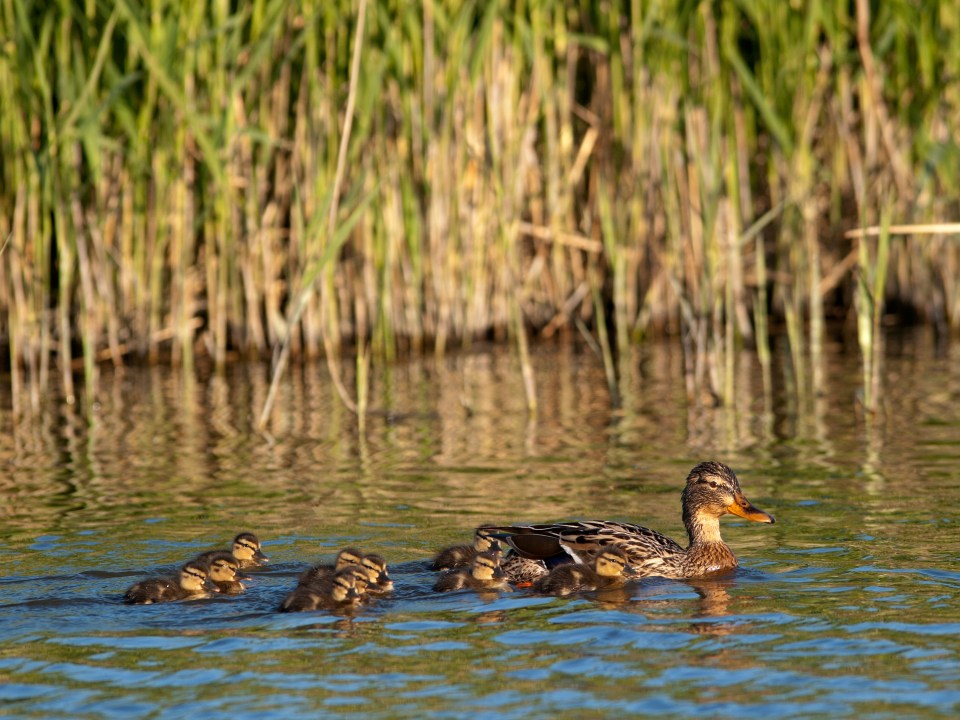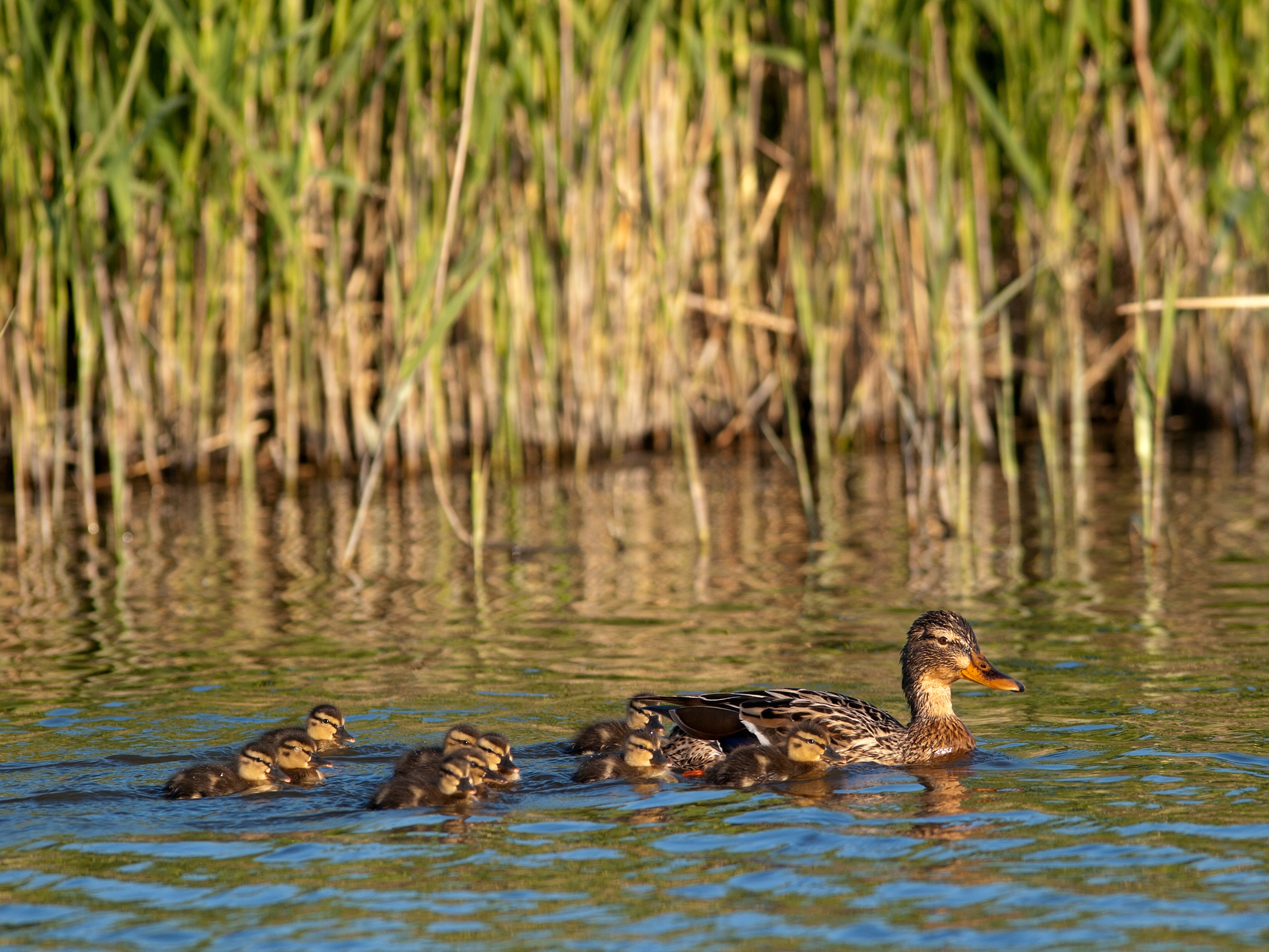My collection of poultry here in Northamptonshire (consisting at present of six ducks and eight hens) includes two little chattering call ducks named Boris and Marina. I called the drake Boris after the Mayor of London, and its partner Marina after the Mayor’s wife. The poultryman who sold them to me said that call ducks were so devoted to each other that if one of them died the other would inevitably die soon afterwards. So I became concerned a few weeks ago when Marina disappeared, and Boris was left swimming around without her on my garden pond.
But he didn’t seem nearly as disconsolate as I would have expected (in fact, he didn’t seem disconsolate at all), and after a few days it was clear why. For Marina had neither died nor deserted him. She suddenly started to reappear at feeding time, flying 50 yards out of a shrubbery to the side of the pond, and I decided that she must have made a nest and be sitting on some eggs. I never found the nest, but I was right. For just a few days ago I went down to the pond to find her reunited with Boris and swimming about with four little brown balls of fluff in tow.
Although tiny, these ducklings showed great vivacity, paddling gaily round in circles, ignoring their mother’s calls to order, and stopping only occasionally to rest briefly on a water-lily pad. But I started to worry when Boris and Marina, evading their parental responsibilities, settled down in the middle of the pond on the base of a sculpture three inches above the water level where the ducklings were unable to join them. The little creatures seemed to be growing tired as they floundered about frustratedly in the water below.
Next morning I went down to the pond with my heart in my mouth. Would the ducklings have survived the night? As it turned out, two had vanished, but two had not. Two were still gambolling about cheerfully on the surface of the water. There was no sign of the others. They had presumably been taken by some predator, most probably by one of the herons that are constantly visiting my pond in search of fish, or perhaps by one of the birds of prey that hover around opportunistically from time to time. I had become pathetically fond of Boris and Marina’s offspring. How was I to ensure the survival of the remaining two?
I rang the poultryman in Towcester for advice. He was gloomy. I could catch them with a landing net and keep them in the potting shed until they were bigger; but in that case I would also have to catch their mother (a difficult task because she can fly) and put her in with them, for otherwise the removal of her ducklings might drive her mad and cause her to abandon them for ever. It would be best, he suggested, to leave things to nature and hope that Marina would protect them from harm. Well, she didn’t. Taking the poultryman’s advice was effectively to pass a death sentence on them; for next morning there were no ducklings on the pond at all. The final two had also vanished without trace.
Well, this is the last time I leave things to nature; for nature is just a system based on creatures killing each other. Ducks (though not, it seems, Marina) tend to have large broods because they know that most of their offspring will die. And because these broods are so large, infanticide on a huge scale is necessary to stop there being more ducks than the world can cope with. Nature might have arranged things so that fewer ducklings were born and more allowed to survive, but that would have spoilt her fun: she thrives on death and cruelty.
Boris and Marina are now, at any rate, re-united and seem to have banished their family tragedy from their minds. Meanwhile, a couple of other ducks — an Indian Runner and a Silver Appleyard — have occupied the two nesting boxes in my floating duck house (an essential prestige asset nowadays) and don’t seem to want to come out. I think they may be sitting on eggs. And just in case they should hatch, I will put some straw in the potting shed and be ready with a landing net.







Comments